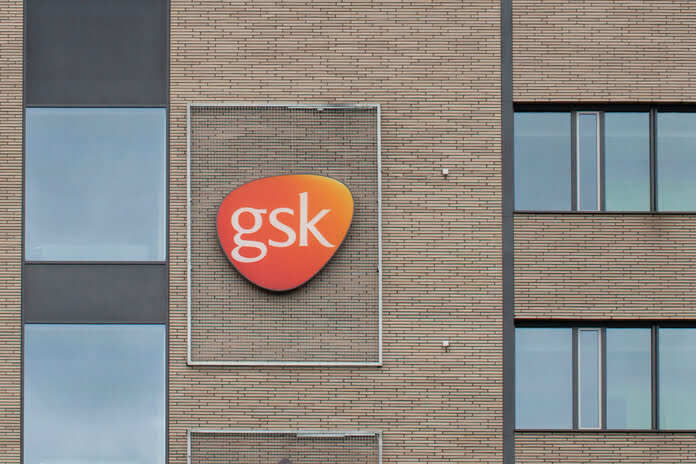GSK Stock (NYSE:GSK)
The American Depository Shares of GSK (NYSE:GSK) dropped by almost 2% in pre-market trading on Wednesday after a story from Bloomberg Businessweek alleged that the British pharmaceutical giant had chosen to remain silent about the cancer risks associated with the recalled heartburn treatment Zantac. As a result, GSK stock declined in the market.
Concerns over the possible carcinogenic effects of N-nitroso dimethylamine (NDMA) led to the withdrawal of Zantac, commonly known as ranitidine, from the U.S. market in 2020.
Since then, hundreds of lawsuits have been filed against the companies that produce generic versions of Zantac, including Sanofi (OTCPK:SNYNF), GlaxoSmithKline, Pfizer, and Boehringer Ingelheim GmbH.
Bloomberg cited documents acquired via FOIA requests to support its claim that the FDA examined the cancer risks before approving the treatment, despite GSK stock concealing important trial data.
Even worse, GlaxoSmithKline, as it was then called, funded erroneous research to downplay the seriousness of the situation and decided against standard transit and storage practices that would have mitigated the damage.
When GSK (NYSE:GSK) was seeking permission in 1982 for an injectable form of ranitidine, the company’s director of pharmaceutical development, John Padfield, advised that the medicine would need to be kept cold from the time of importation until it was stored in a warehouse.
Padfield warned in March that failing to do so would be “a very serious thing,” while business officials subsequently noted that “refrigeration of the injection would not be acceptable to Glaxo marketing.”
After receiving the complaints, GlaxoSmithKline said, “the safety of ranitidine has been rigorously investigated over the previous 40 years.”
According to Kathleen K. Quinn, the company’s Head of U.S. Corporate Communications, “no consistent or credible evidence that ranitidine raises the risk of any kind of cancer” was found in various research and regulatory evaluations conducted in the United States and the European Union.
Featured Image: Megapixl @ Filmpoznan
















